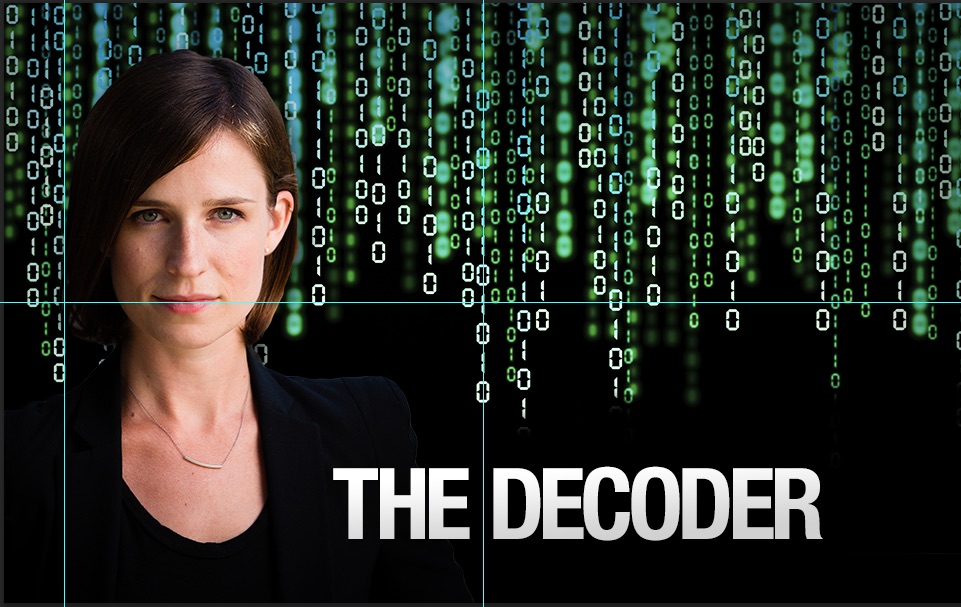Language and Rhetoric
Don’t use industry jargon.
If you have to rely on industry jargon to tell your story, you are probably too close to it. “Disrupt,” “innovate,” “startup,” “sharing economy.”Many words like these make it into a cultural lexicon and expand far beyond their initial context, and often end up meaning almost nothing. These honored words also gain a certain moral power, which can be a dangerous combination.
Don’t use lazy shorthands.
“Uber for X”obscures more than it illuminates. Though it may be common parlance for entrepreneurs’ elevator pitches, using the logistics platform as a shorthand comes with a lot of baggage.
Don’t write about “realms.”
What is this, Game of Thrones? The online and offline, virtual and real, continue to blur and are no longer meaningful distinctions. Nathan Jurgenson calls this false binary “digital dualism,”or “the common (mis)understanding is experience is zero-sum: time spent online means less spent offline.”303
Data is not ones and zeros.
No one codes like that. Don’t use it in imagery or in language to stand in for the digital. I vetoed this image for a series exploring how data is used in our everyday lives. “Code” is not ones and zeros, and The Matrix was so 1999.

I didn’t let this get published. You shouldn’t either!
Algorithm—I don’t think it means what you think it means.
“Algorithm” often stands in for something else, like “formula,” “filter,” or even “heuristic. ”It may be that the misuse of the word is perpetuated by PR and marketing, which uses the word to make technologies seem complicated, futuristic, and, above all, proprietary.
Don’t write about “the internet” when you really mean “people on the internet.”
Or “smart phone apps.” Or “Reddit.” Take this, for example: “Social networks seem to be feeding a cycle of action and reaction. In just about every news event, the Internet’s reaction to the situation becomes a follow-on part of the story, so that much of the media establishment becomes trapped in escalating, infinite loops of 140-character, knee-jerk insta-reaction.”304 This sentence imagines the internet as a singular actor, rather than a collection of different platforms for discussion. It reduces down to the technology rather than to the people using it.
Avoid the royal “we.”
Be precise in who you are referring to, especially when it’s yourself. Which cohort are you representing? Narrow it down to avoid insisting that your reader is having that shared experience with you, too.
“Once the stuff of science fiction”is trite.
It’s gee-whiz reporting. Alexis Madrigal suggests a “categorical ban” on framings like this, saying they don’t add any information to the lede.305
Describing technologies as “creepy” is just a feeling.
That’s an interesting place to start the story, but there’s much more behind that. Dig deeper. Find out what, precisely, is creepy about the scenario—what does it say about our attitudes toward control, automation, or our sense of ourselves? Do you feel like you are being spied on? Is there a better word, like “uncanny,” to describe a more precise problem with the experience?
Don’t bother with overused quotes about technology.
“The future is already here—it’s just not evenly distributed yet.” –William Gibson*
“Any sufficiently advanced technology is indistinguishable from magic.” –Arthur C. Clarke
“Data is the new oil.”*
“If you’re not paying for something, you’re not the customer; you’re the product being sold” –blue_beetle on Metafilter
*Attribution disputed.